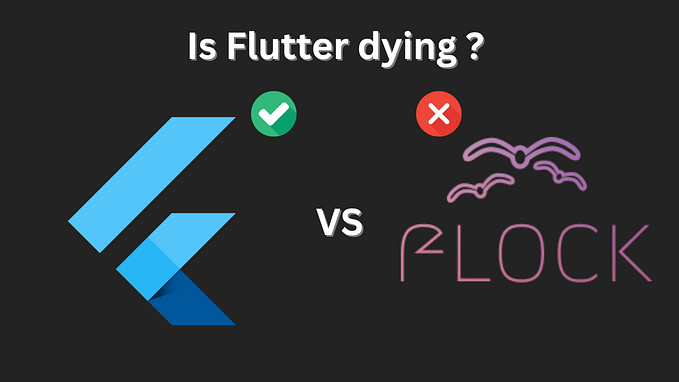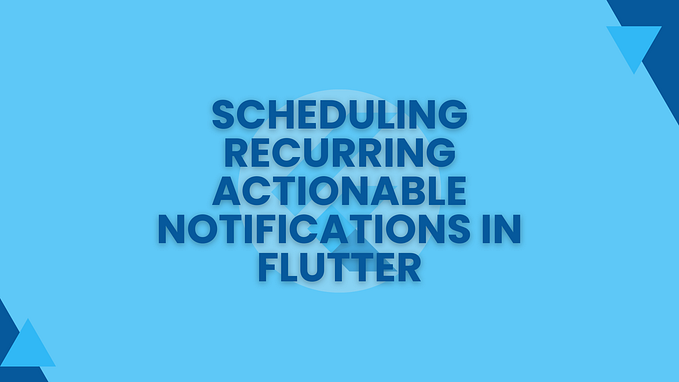User Research for a Toki Pona Translation App
Often times researchers would rather prove their ideas than test them. I think this is part of human psychology and I see this instinct in myself too.
This report will summarize data and insights collected from my first exercise in user research. While studying UI/UX we were given 10 prompts to choose from. One was a translation app. I wanted to make a translation app for the constructed language Toki Pona. There isn’t one yet.
Unfortunately, I decided to not go forward with the project as it didn’t quite match the prompt. I’m picking it up again as a passion project. I’m fairly active in the Toki Pona community which I love along with the language. I think Toki Pona has great potential and is picking up where Esperanto left off a few decades ago.

What is Esperanto?
Esperanto gained significant traction in the 70s. Esperanto made the same goals but suffered from euro-centrism. I think it's possible, however unlikely, that Toki Pona becomes widespread through the internet, globalization, and the content economy.
What is Toki Pona?
Toki Pona is a constructed language that takes influences from languages all over the world. The concept is based on minimalism and the belief that thinking about life in simplified terms is good for mental health. All of the connotations and nuances that come with language can lead to negative emotional responses. Thinking about life in other languages is thought to be generally insightful.
Another benefit is that Toki Pona takes influences from languages all over the world. This is a major point of interest for me, as someone who has spent the past 5 years overseas. I don’t like the idea of everyone needing to learn English. It is a horribly complicated language.
For now, Toki Pona has a very strong active community with as diverse a population as the language influences.
Methodology
I published a survey in /r/tokipona and received 37 responses. The questions were;
- Do you use translators to learn languages?

- When is the last time you used a translator?

- When is the last time you encountered a Toki Pona phrase that you needed to translate?

- Have you ever encountered someone that spoke Toki Pona in public?

- Sina pilin pona la sina toki seme

- Are there any features you think would pair well with a translation app?

- What forms of chatrooms interest you?

Conclusion
I want to shift the focus of this app toward social media and language learning for two reasons.
- I’m skeptical about ML and AI's ability to translate Toki Pona in a way that clears more confusion than it causes. ChatGPT is failing at this thus far.
- During my experiences teaching English, we were taught to teach in the following format: presentation, practice, and production. Having a platform for people to practice Toki Pona would greatly increase fluency for those that learn it.
Often researchers spend their time proving their ideas rather than disproving them. I think it is disingenuous and leads to failed projects.
The result of this user research was a complete shift of focus for the application. The application will be a social media application that will incorporate translation, flashcards, and other language-learning resources — in the future. Most likely in applications that are integrated but downloaded separately.
For now, I will focus on making a simple application that allows users to start and participate in chatrooms designated for Latin Toki Pona, Sitelen (Toki Pona script), or voice messages.

The reason for voice chatrooms is it was the second most popular option and verbalizing language is the most important component in internalizing a language. (production).
One of the quotes that stuck out to me during my time studying sociology wasn’t even from a Sociologist. My professor told this to the class with a passion.
“There are three kinds of lies: lies, damned lies, and statistics.” — Mark Twain
I think having a diverse team of collaborators leads to the best results in every step of the design process. If this project interests anyone, please leave a comment or send me a message.








